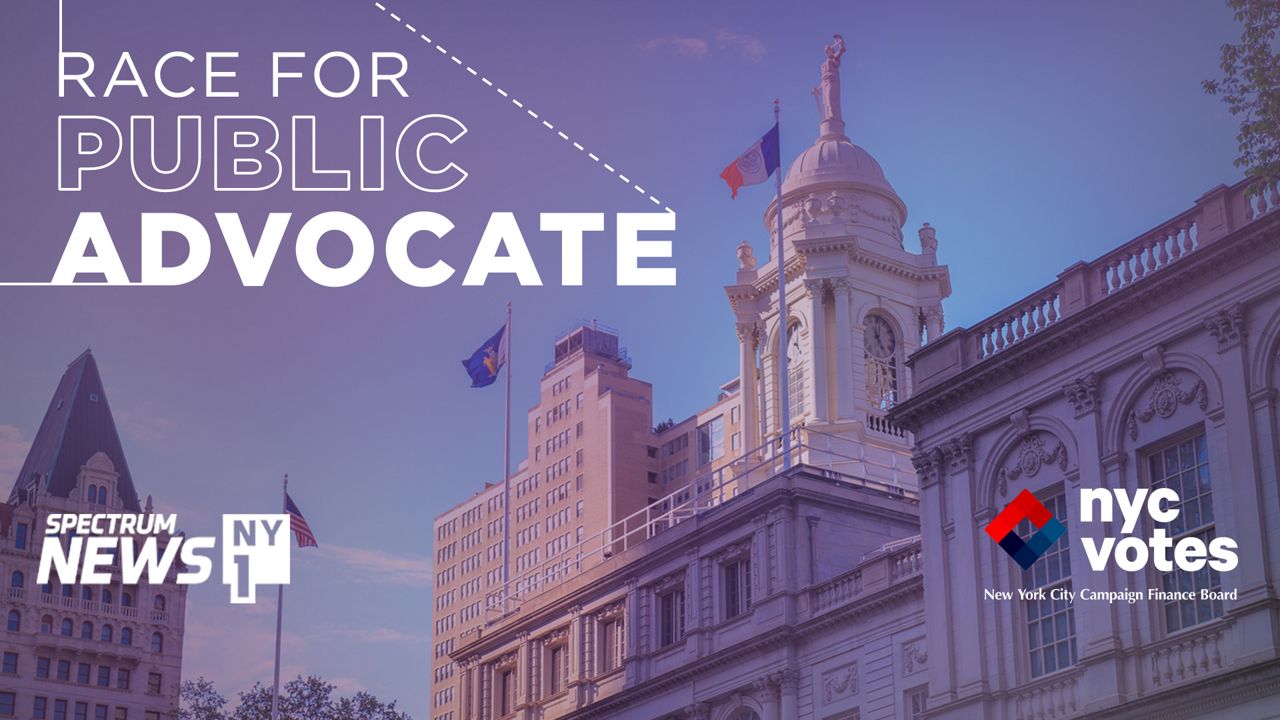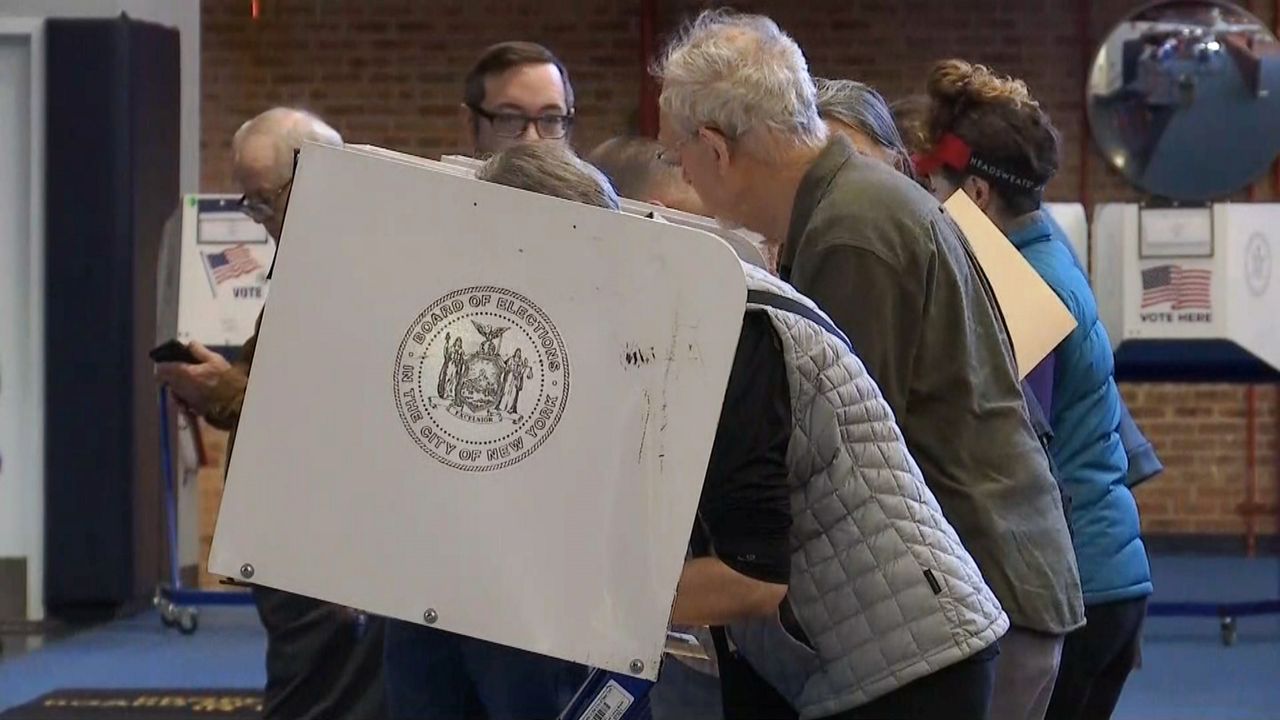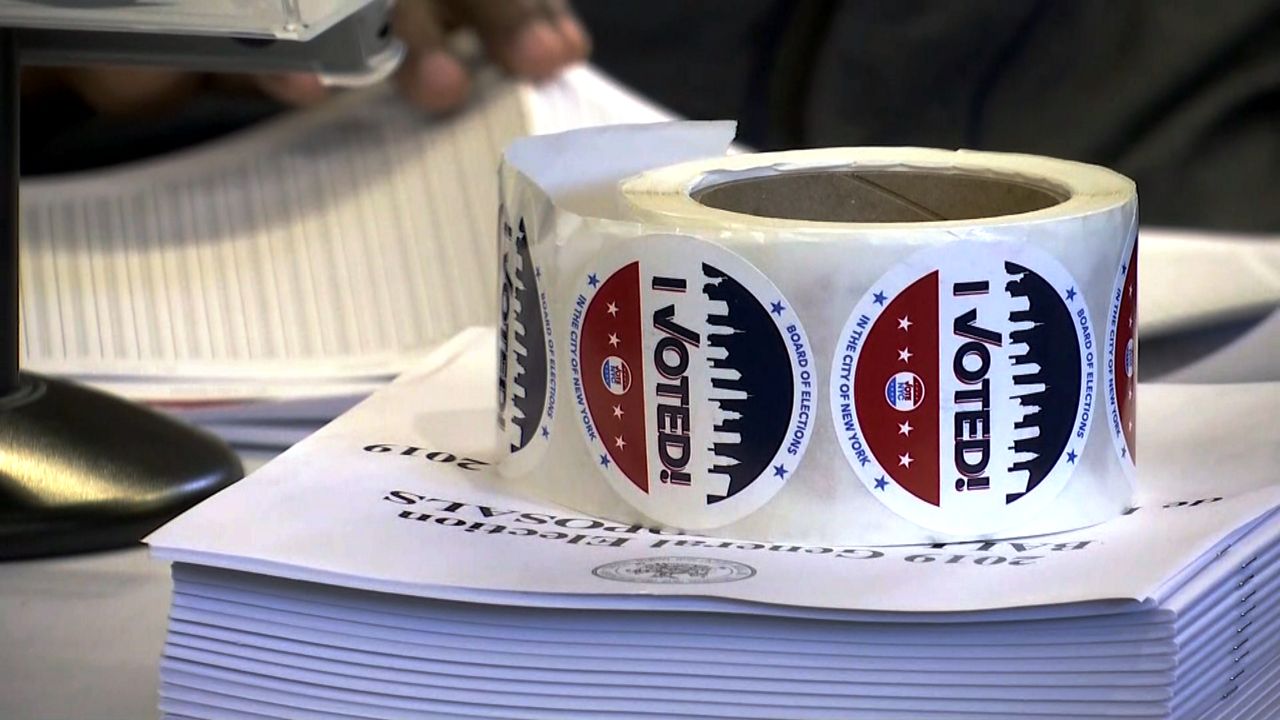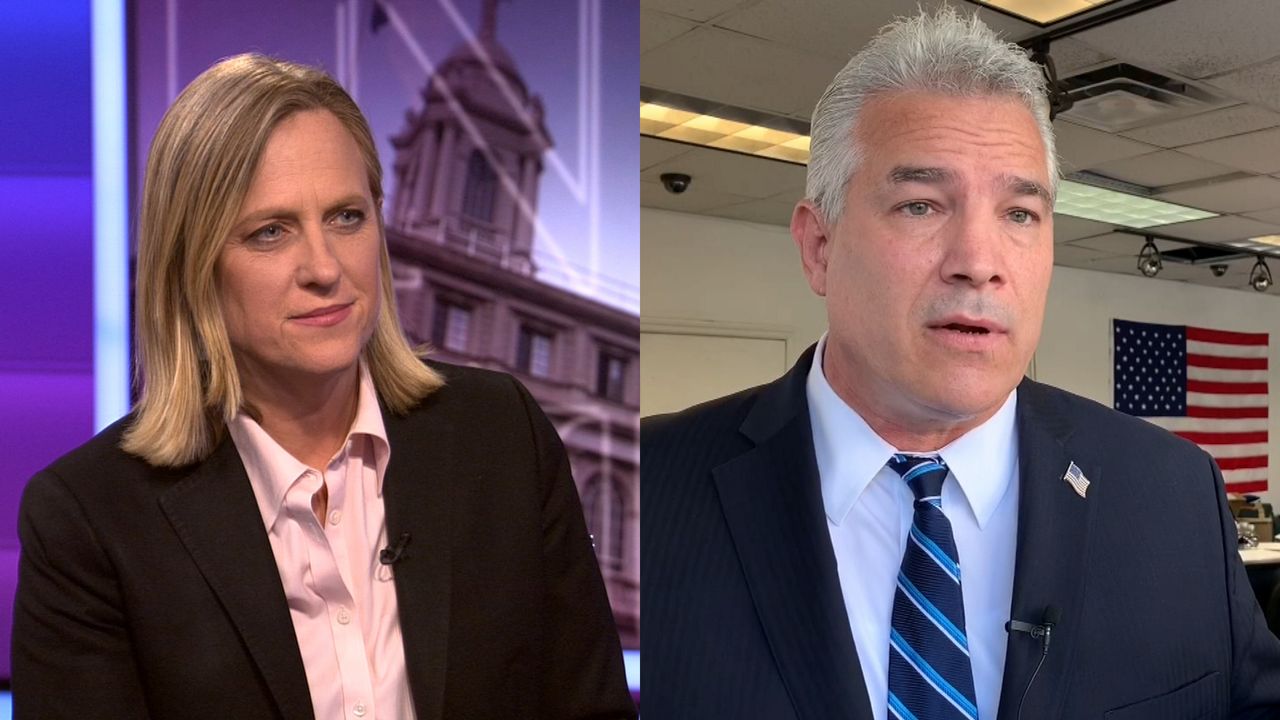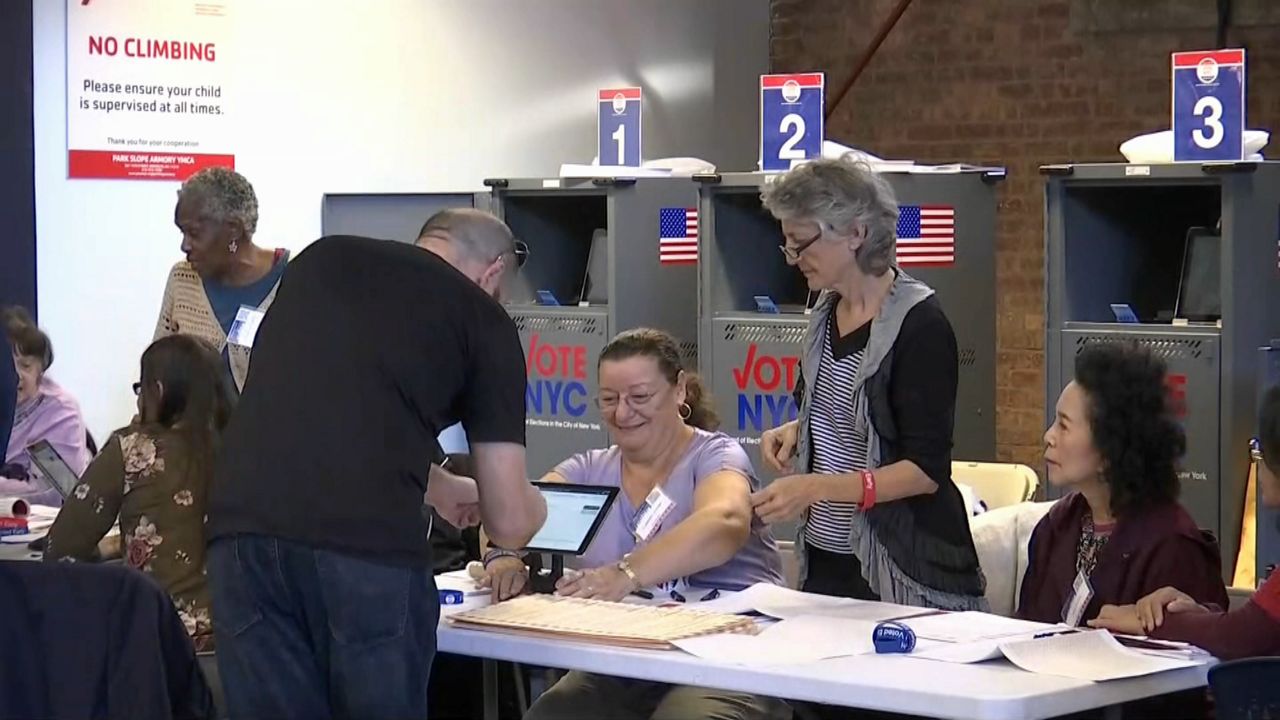The special election for Public Advocate is getting a special kind of NY1 debate.
In conjunction with the city's Campaign Finance Board, Politico New York, and a wide array of co-sponsors, NY1 is a sponsoring a debate with seven candidates at the Borough of Manhattan Community College on Wednesday, February 20. The debate will place a spotlight on a contest that has largely been overlooked by New Yorkers who aren't used to following campaigns in the dead of winter.
A previous debate aired on NY1 on February 6. Ten candidates qualified for that debate.
Here's what you need to know about the race:
What does the public advocate do?
On the one hand, the Public Advocate is one of the city's highest-ranking jobs. It's one of just three citywide elected offices (the others are mayor and comptroller) and second-in-line of succession should something happen to the mayor.
On the other hand, it's a job with little real power and a vaguely defined mission. Essentially, the office functions as a city government watchdog and an ombudsperson for the public.
The Public Advocate investigates complaints and issues reports, and can also introduce legislation in the City Council, although he or she cannot vote on it. The Public Advocate can also preside over Council meetings, though not all have exercised that option.
In practice, the job is what the office-holder makes of it. It's a soapbox and widely viewed as a springboard to higher office, which brings us to the next question…
Why do so many people want the job?
The Public Advocate is a highly-visible perch that allows its occupant to raise his or her profile without the messy complications of real governing.
That makes it a good place for people who have their eyes on Gracie Mansion.
Since the position was created in 1993 (a descendant of the old City Council President position), it's been held by four people. Two of them ran for mayor: Mark Green, who narrowly lost the 2001 election, and Bill de Blasio. Letitia James was thought to be a potential 2021 mayoral candidate before she was elected state attorney general in November.
One thing the job doesn't come with is many resources: the office only has a budget of about $3 million. The salary isn't bad though: $184,800. And you get a driver.
How many people are running?
Seventeen candidates made it onto the ballot. Twenty-three had attempted to file the 3,750 signatures necessary to get on the ballot, but six were disqualified for various reasons, including faulty paperwork.
The field includes eight current elected officials, and there's a reason for that: Because it's a special election that does not overlap with any other races, elected officials can run without giving up their current job. Basically, they've got nothing to lose. Why not run?
The election is believed to be the first mid-winter, citywide special election without a runoff, as candidates won't be allowed to run on traditional political party lines such as the Democratic Party or Republican Party.
That's leading to some interesting ballot line names, such as "Fix the MTA," "No More Delays," "No Amazon," "Pay Folks More," and "It's Time Let's Go."
-------
Looking for an easy way to learn about the issues affecting New York City and what local politicians are doing to solve them?
Listen to our "Off Topic/On Politics" podcast: Apple Podcasts | Google Play | Spotify | iHeartRadio | Stitcher | RSS




